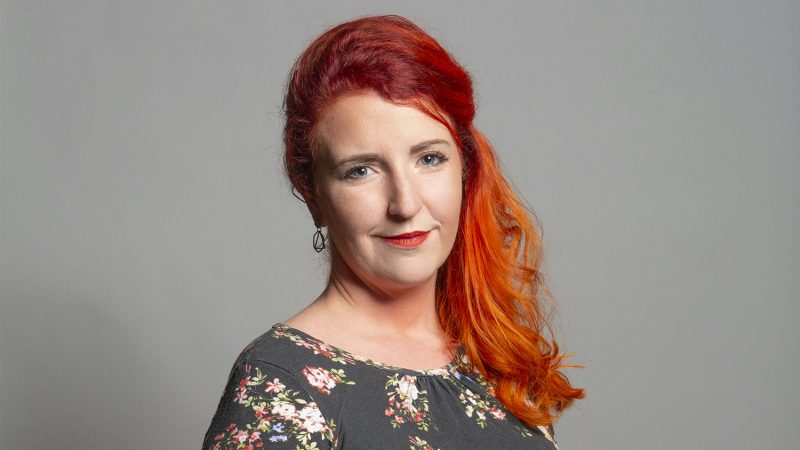
John Hume was a political giant. Somehow, he endlessly gathered the strength and the bravery to make peace happen at enormous personal risk to himself and often in the face of fierce opposition, most notably in the talks he held that brought Sinn Fein to the negotiating table. For those of us who grew up during the ceasefire and the peace agreement that followed, he is as much a monument as a man. To courage and perseverance, and to peace.
He was a rare thing in politics: visionary, yes, but practical, too. He kept believing, hoping, working to try to make peace happen. Never naïve to the immensities of the challenges, never indifferent to injustice, he nevertheless believed there was a path to bring communities together through a vision of a future where everyone had a stake. Another great Irishman, W.B. Yeats, once said that he wished to “hold in a single thought, reality and justice”. This could equally be said of the practical politics, life and contribution of John Hume.
In this, he was the head and heart of the peace agreement, which simply cannot be understood without him. His dream of a shared Ireland, based on consent, human rights and equality is the thread which runs through the peace enjoyed today. It was an accommodation that diminished the self respect of no political tradition. “Ireland is not a romantic dream,” he said. “It is 4.5 million people divided into two powerful traditions. The solution will be found not on the basis of victory for either, but on the basis of agreement and partnership.”
That it endures today is a testament to him, and that it was possible at all is thanks to the communities that put their faith in him. There are many extraordinary stories of his life; none more so than during his attendance at the funerals of those murdered in the Greysteel massacre. This and the Shankill massacre – two outrages that shook communities – cast doubt on whether his efforts to secure peace had been in vain. But at the funerals, a grieving family member told him that they prayed for him and his work to bring peace. Each strengthening the other, at a critical juncture.
Tony Blair has told how he relied on that strength and clear-mindedness in the fraught months leading to the historic Good Friday Agreement, when an accord looked distant. John Hume sat the Labour Prime Minister down and told him directly: “I am telling you this can happen.” For Labour figures past and present, his vision of peace, social justice, shared power and equal rights guided our approach then, and still does every bit as much today.
That vision must be protected. For John Hume, delivering social justice had to be the prize of peace; a shared island that waged war on want and poverty and that understood that prosperity was integral to the peace process. With the dark clouds of growing unemployment, following a decade of austerity, it has never been more important that Westminster focuses on the need to protect jobs and a create a fairer future in Northern Ireland in order to secure Hume’s vision.
And his approach to conflict resolution could certainly bear lessons for our fractious politics today. He repeatedly explained that “the answer to difference is to respect it”. Hume believed that we could only build lasting peace if we had institutions that respected difference and if we removed the idea of difference as a threat.
Ultimately, there are few of us that can be said to have shaped the destiny of millions, and to have changed the course of history – but from the outpouring of affection and praise we have seen from every corner of the globe, it is clear that John Hume was one of those. In his Nobel Peace Prize winning speech, he never forgot the purpose of the work he had dedicated his life towards. He spoke of a time “where our children can look to the future with a smile of hope”. May this be his legacy, and the extraordinary power of the shared future he imagined continue to guide all of us in the years ahead.




More from LabourList
Nudification apps facilitate digital sexual assault – and they should be banned
Diane Abbott suspended from Labour after defending racism comments
Labour campaign groups join forces to call for reinstatement of MPs